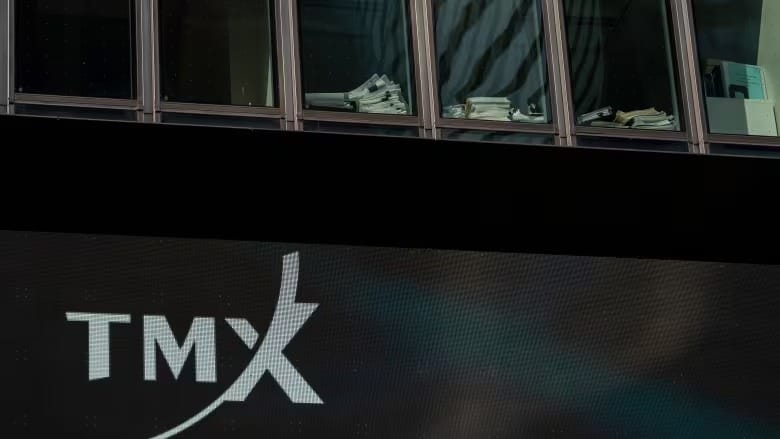Bank of Canada Surveys Show Easing Inflation Expectations
“Demand is weak, firms have excess capacity, and price growth continues to weigh on the economy,” the bank said Friday in its quarterly release of the business outlook survey.

The Bank of Canada's latest business and consumer surveys indicate that inflation expectations are stabilizing, with few businesses planning to hire or invest due to weak demand.
The central bank's business outlook indicator slightly improved to minus 2.3 in the third quarter, up from minus 2.9. Firms’ future sales outlook also saw some improvement, with fewer reporting declines in orders, advanced bookings, or sales inquiries.
"Demand is weak, firms have excess capacity, and price growth continues to weigh on the economy," the central bank stated in its quarterly business outlook release on Friday.
Investment and hiring intentions remain subdued, with spending plans for the next year falling below usual levels. Most businesses are focusing their expenditures on replacing existing capital rather than expanding their capacity or improving efficiency.
Inflation expectations among businesses are continuing to normalize, with more than 70% expecting price growth to fall within the central bank’s target range of 1% to 3% over the next two years, the highest proportion since early 2021.
The survey reflects a modest but gradually improving business outlook in Canada, aligning with an economy still affected by restrictive borrowing costs. Excess capacity is expected to contribute to disinflationary pressures.
"Subdued demand has allowed capacity pressures to ease," the bank noted.
Labor shortages are below historical averages, with only 18% of firms reporting difficulties meeting demand due to staffing issues, though the intensity of these shortages is decreasing. Businesses also expect wage growth to remain low.
Top concerns for businesses include economic growth, elections in the U.S. and Canada, cost pressures, tax policy, and regulatory uncertainty.
The Bank of Canada has reduced interest rates by a quarter percentage point in its last three decisions, bringing the overnight rate to 4.25%.
Markets and economists anticipate further rate cuts as economic conditions remain weak. The business survey was conducted in August, prior to the central bank’s third consecutive rate cut in September.
In a separate consumer survey, inflation expectations continued to decline, with some measures returning to pre-pandemic levels. Wage growth expectations also fell for the first time since the second quarter of 2023.





